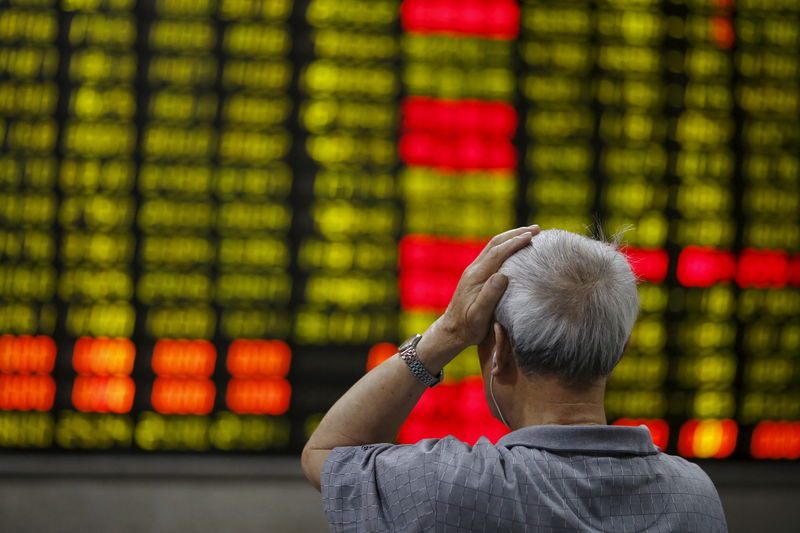Can anything shut down the Gold rally?
By Gina Lee
Investing.com – Asia Pacific stocks were mostly down on Friday morning, even as the recent tighter monetary policies from central banks boosted investor sentiment.
Japan’s Nikkei 225 fell 0.80% by 9:19 PM ET (2:19 AM GMT), while South Korea’s KOSPI edged up 0.12%.
In Australia, the ASX 200 rose 0.70%.
Hong Kong’s Hang Seng Index fell 0.60%.
China’s Shanghai Composite was down 0.55% and the Shenzhen Component was down 0.53%.
Central banks globally are tightening their monetary settings to curb high inflation, while also monitoring the impact from the omicron COVID-19 variant.
The U.S. Federal Reserve quickened the pace of its asset tapering program while projecting three quarter-point rate increases in 2022, another three in 2023, and two more in 2024, as it handed down its policy decision on Wednesday.
Some investors are now warning that global stocks could be due for a rougher patch after almost doubling from COVID-19 lows.
“The cycle you are seeing here is really about a change in tone, a change in regime, the possibility of tighter policy in 2022, not just at the Fed, but globally,” BNY Mellon (NYSE:BK) Wealth Management head of equities and capital markets advisory Alicia Levine told Bloomberg.
In a surprise move, the Bank of England hiked its interest rate to 0.25% when it handed down its policy decision on Thursday. The European Central Bank, which handed down its policy on the same day, temporarily boosted regular monthly bond-buying for half a year.
In Asia Pacific, the Bank of Japan will hand down its monetary policy decision later in the day.
Meanwhile, the U.S. Senate failed to pass a bill for President Joe Biden’s $2 trillion economic agenda, with action on the tax and spending bill delayed to January 2022.
However, it did pass legislation that will ban goods from China’s Xinjiang region unless there is proof that they were not made with forced labor. The U.S. also added 34 Chinese targets to its banned entity list.
On the U.S. data front, the number of initial jobless claims for the week was a higher-than-expected 206,000 and building permits were at 1.712 million in November. The manufacturing purchasing managers index was at 57.8, and the services PMI was 57.5, for December.
Investors are also bracing for the S&P Dow Jones Indices quarterly rebalance, which comes into effect after markets close on Friday. It is also “quadruple witching” day in U.S. markets, when options and futures on indexes and equities expire.
